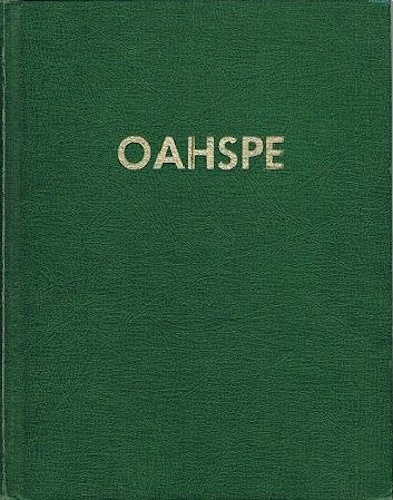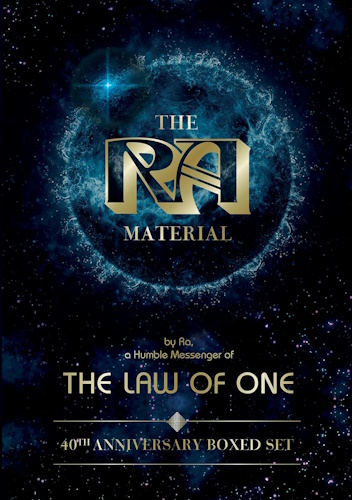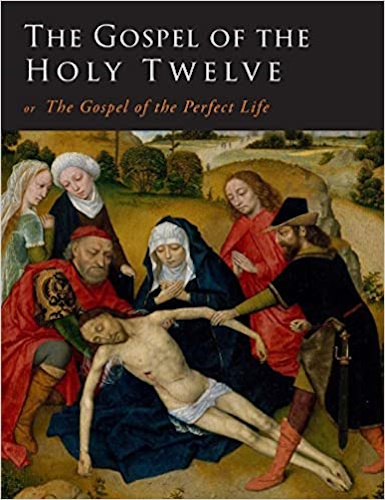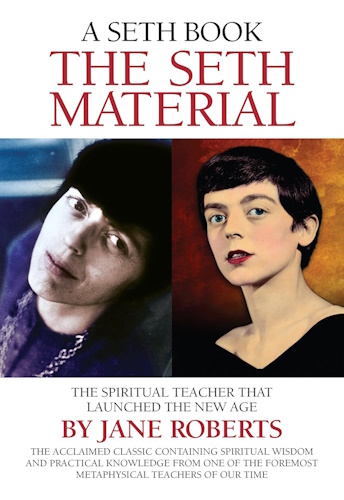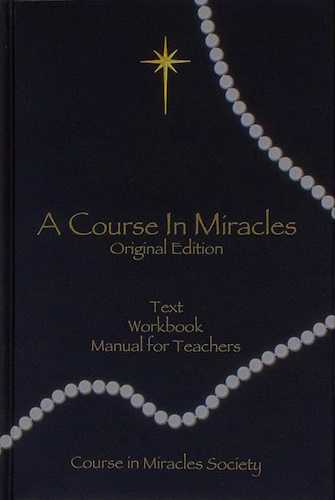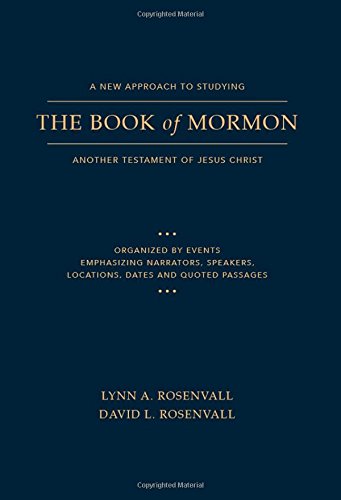
![]()
![]()
God's Book of Eskra
Chapter XXIV
OF THE LABOR OF GOD, JEHOVIH'S SON.
1. SAKAYA was born in Hagotha, province of Nao'wan, on the borders of Nepal; but because his birth had been foretold by the Faithist prophets, and that he would re-establish the doctrines of Capilya, the place of his birth was afterward called Capilya'wahtu.
2. Sakaya's father's name was Metanga, and he was of the twelfth generation of Suddhodana (that is, of pure vegetable food). During which time
p. 686
none of his forefathers ate fish or flesh, or of anything that breathed the breath of life.
3. Metanga was very old when Sakaya was born, but the wife of Metanga was but fifteen years old; for which reason, the people nicknamed the child, Sramana Gotama, that is, passionless from father and mother.
4. Metanga was High Father of the province of Nao'wan; consequently, Sakaya was born a prince, as commanded of Jehovih, in heaven, he should be. Wherein He said: He that I will raise up, shall have the glory of the earth before him; and he shall grow up as learned as a king and a priest, and he shall re-establish peace and good will on earth.
5. Now there had been bloody times in Vind'yu for four hundred years; during which time a warring sect, who falsely called themselves Brahmins, had overrun the land with sword and spear, lance and fire, destroying temples, oracles and languages.
6. These were the destructions, previously mentioned, done by the God Kabalactes, mortals supposing, they were under the God Brahma.
7. God, Jehovih's Son, had said to Etchessa, chief guardian angel over Sakaya: Thou shalt cause thy ward to learn Brahminism, asceticism, and all other religions.
8. Thus was Sakaya educated; and at twelve years of age, he took vows of Brahminism.
9. At fifteen, he desired to acquire the ecstatic state, and he joined a band of seven Brahmin priests, and went about for three years with the alms-bowl, begging for the poor, living as the poor, and fasting and praying, and studying with his teachers and priests.
10. And, yet for other four years, he excluded himself from speech, save to the Holy Ghost, dwelling out of doors, night and day.
11. But Jehovih suffered not the ecstatic state to come to Sakaya. And one night, his guardian angel, Etchessa, spake to him in a dream, saying:
12. Behold, I am Jehovih, and not the Holy Ghost! Why hast thou put Me off? Did I not create thee alive, and make thee a person also? Thou art born of the race of Suddhodana. Thy labor is not to seek the ecstatic state for thyself, which is selfishness, but to renew My light on earth.
13. Therefore, give up this, thy most useless life of going about praying, and return thou to thy father's house, and take thee a wife. For how canst thou attain the wisdom of the earth, without becoming a husband and father?
14. Sakaya awoke, remembering his dream, and he told it to his priests, and asked them to interpret it. And they said unto him: This was not a dream, but the voice of satan; put thou it aside.
15. But Sakaya was more convinced of his dream than of his priests; and he, therefore, gave up his fasting and praying, and returned to his father's house, saying: Father, thou art wise after the manner of thy generations. Henceforth I will be no more a priest, nor in fact a Brahmin, for that matter, but pursue thy doctrines, which are of deeds more than words. Thou shalt, therefore, choose me a wife, for I will wed and become a father.
16. So Sakaya wed, and his wife bore him a son. When he looked upon the child, he said: Thou art the greatest of sermons.
17. Now, because of the strange life Sakaya had lived, being a prince, he was the wonder of the city of Hagotha, and was much loved by the people, especially the poor, for his alms-bowl had oft relieved them from hunger.
18. Consequently, when it was known he was a father, there came before the royal palace thousands of the poor, singing songs of praise to Sakaya and his child and his wife. And the poor women had infants in their arms. When Sakaya saw the infants, he burst into tears, and came out before the multitude, and spake to them, saying:
19. This day I have sinned before heaven and earth! Behold my tears! Would that they were drops of blood, and I could shed them to do you good! For I have looked upon mine own son, and said within my soul: This is mine! And I considered how my son was born a prince and above want; but I considered not this great multitude of babes, who have no assurance against starvation.
20. Why, then, shall I remain with one, who hath sure provision, and glut myself in ease and the selfish joy of my own house? And leave this multitude of babes to the hazard of precarious life?
21. Is not Sakaya of broader soul than this? Have I any right to bring more children into the world, until I have provided sure happiness to them that are already born? What is my family and my kingdom, though I win the land from Yaganosa to the ocean, if this burning within mine own soul will not away, but crieth out forever: Heal thou the sick earth!
p. 687
22. From this time forth do I covenant with Thee, Thou All Light, to give up all the earth, and to serve Thee! Beasts can bring forth young; and they do set their hearts on their begotten only! Thy Light moveth me to a more noble course!
23. This day I quit the earth and the passions for earthly things; I will be Thy Son, O Jehovih! And all my days henceforth on the earth, labor to ameliorate Thy abundant offspring! Behold these young babes turned upon me, with Thy smile, O Jehovih, in their innocent faces! calling to me: Help! Help!
-
Urantia Book, 44:0.11 - The Celestial Artisans
Never in your long ascendancy will you lose the power to recognize your associates of former existences. Always, as you ascend inward in the scale of life, will you retain the ability to recognize and fraternize with the fellow beings of your previous and lower levels of experience. Each new translation or resurrection will add one more group of spirit beings to your vision range without in the least depriving you of the ability to recognize your friends and fellows of former estates.
-
Princess Bride 1987 Wallace Shawn (Vizzini) and Mandy Patinkin (Inigo Montoya)
Vizzini: HE DIDN'T FALL? INCONCEIVABLE.
Inigo Montoya: You keep using that word. I do not think it means what you think it means. -
Urantia Book, 117:4.14 - The Finite God
And here is mystery: The more closely man approaches God through love, the greater the reality -- actuality -- of that man. The more man withdraws from God, the more nearly he approaches nonreality -- cessation of existence. When man consecrates his will to the doing of the Father's will, when man gives God all that he has, then does God make that man more than he is.
-
Urantia Book, 167:7.4 - The Talk About Angels
"And do you not remember that I said to you once before that, if you had your spiritual eyes anointed, you would then see the heavens opened and behold the angels of God ascending and descending? It is by the ministry of the angels that one world may be kept in touch with other worlds, for have I not repeatedly told you that I have other sheep not of this fold?"
-
Urantia Book, Foreword - 0:12.12 - The Trinities
But we know that there dwells within the human mind a fragment of God, and that there sojourns with the human soul the Spirit of Truth; and we further know that these spirit forces conspire to enable material man to grasp the reality of spiritual values and to comprehend the philosophy of universe meanings. But even more certainly we know that these spirits of the Divine Presence are able to assist man in the spiritual appropriation of all truth contributory to the enhancement of the ever-progressing reality of personal religious experience—God-consciousness.
-
Urantia Book, 1:4.3 - The Mystery Of God
When you are through down here, when your course has been run in temporary form on earth, when your trial trip in the flesh is finished, when the dust that composes the mortal tabernacle "returns to the earth whence it came"; then, it is revealed, the indwelling "Spirit shall return to God who gave it." There sojourns within each moral being of this planet a fragment of God, a part and parcel of divinity. It is not yet yours by right of possession, but it is designedly intended to be one with you if you survive the mortal existence.
-
Urantia Book, 1:4.1 - The Mystery Of God
And the greatest of all the unfathomable mysteries of God is the phenomenon of the divine indwelling of mortal minds. The manner in which the Universal Father sojourns with the creatures of time is the most profound of all universe mysteries; the divine presence in the mind of man is the mystery of mysteries.
-
Urantia Book, 1:4.6 - The Mystery Of God
To every spirit being and to every mortal creature in every sphere and on every world of the universe of universes, the Universal Father reveals all of his gracious and divine self that can be discerned or comprehended by such spirit beings and by such mortal creatures. God is no respecter of persons, either spiritual or material. The divine presence which any child of the universe enjoys at any given moment is limited only by the capacity of such a creature to receive and to discern the spirit actualities of the supermaterial world.
-
Urantia Book, 11:0.1 - The Eternal Isle Of Paradise
Paradise is the eternal center of the universe of universes and the abiding place of the Universal Father, the Eternal Son, the Infinite Spirit, and their divine co-ordinates and associates. This central Isle is the most gigantic organized body of cosmic reality in all the master universe. Paradise is a material sphere as well as a spiritual abode. All of the intelligent creation of the Universal Father is domiciled on material abodes; hence must the absolute controlling center also be material, literal. And again it should be reiterated that spirit things and spiritual beings are real.
-
Urantia Book, 50:6.4 - Planetary Culture
Culture presupposes quality of mind; culture cannot be enhanced unless mind is elevated. Superior intellect will seek a noble culture and find some way to attain such a goal. Inferior minds will spurn the highest culture even when presented to them ready-made.
-
Urantia Book, 54:1.6 - True And False Liberty
True liberty is the associate of genuine self-respect; false liberty is the consort of self-admiration. True liberty is the fruit of self-control; false liberty, the assumption of self-assertion. Self-control leads to altruistic service; self-admiration tends towards the exploitation of others for the selfish aggrandizement of such a mistaken individual as is willing to sacrifice righteous attainment for the sake of possessing unjust power over his fellow beings.
-
Urantia Book, 54:1.9 - True And False Liberty
How dare the self-willed creature encroach upon the rights of his fellows in the name of personal liberty when the Supreme Rulers of the universe stand back in merciful respect for these prerogatives of will and potentials of personality! No being, in the exercise of his supposed personal liberty, has a right to deprive any other being of those privileges of existence conferred by the Creators and duly respected by all their loyal associates, subordinates, and subjects.
-
Urantia Book, 54:1.8 - True And False Liberty
There is no error greater than that species of self-deception which leads intelligent beings to crave the exercise of power over other beings for the purpose of depriving these persons of their natural liberties. The golden rule of human fairness cries out against all such fraud, unfairness, selfishness, and unrighteousness.
